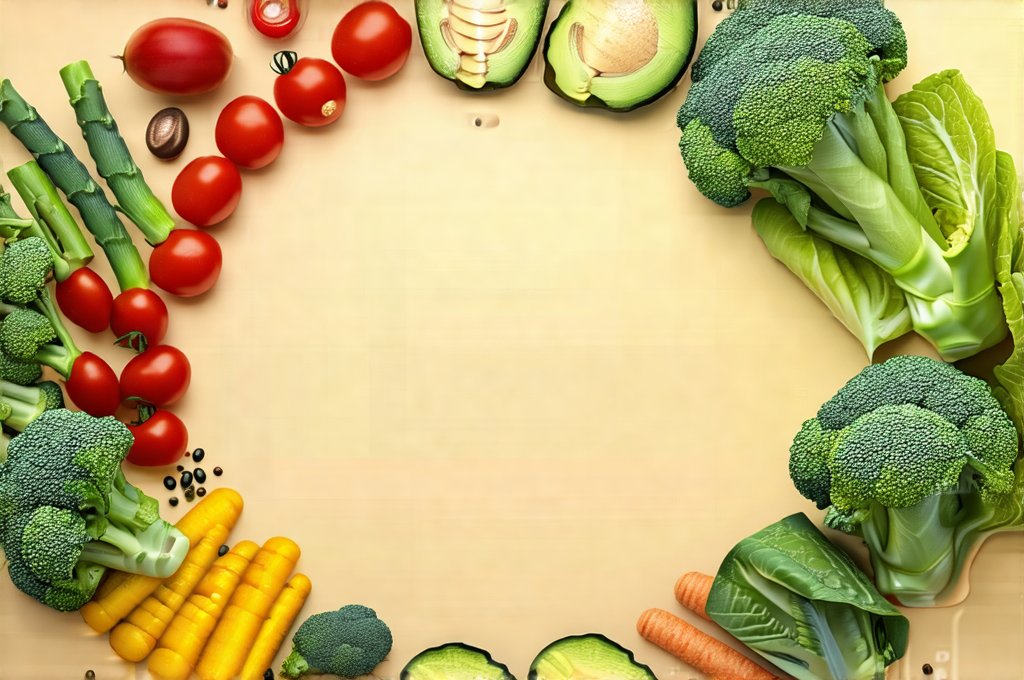The discomfort of constipation and bloating is surprisingly widespread, impacting quality of life for millions. Often dismissed as minor inconveniences, these digestive issues can range from mildly irritating to debilitatingly painful, leading to feelings of sluggishness, abdominal distension, and even anxiety. Many factors contribute to these conditions – diet being paramount among them. A modern Western diet often lacks the essential fiber needed for optimal gut health, contributing significantly to both constipation and bloating. However, rather than relying on quick-fix solutions, a sustainable approach focused on dietary modification – specifically adopting a high-fiber plant-based diet – offers a powerful and natural pathway towards improved digestive wellbeing.
This isn’t about restrictive dieting or eliminating entire food groups; it’s about embracing the abundance of fiber found in whole plant foods. Plants are naturally rich sources of both soluble and insoluble fiber, each playing a vital role in maintaining a healthy gut. Insoluble fiber adds bulk to stool, promoting regular bowel movements, while soluble fiber attracts water, softening stools and easing their passage. A strategically designed high-fiber plant-based diet can not only alleviate existing constipation and bloating but also proactively prevent future occurrences, fostering a healthier digestive system overall. It’s about nourishing your body with the foods it needs to thrive, leading to greater comfort, increased energy, and an improved sense of wellbeing.
Understanding Fiber & Its Role in Digestive Health
Fiber isn’t digested by our bodies like other nutrients; instead, it travels through the digestive tract relatively intact, providing numerous benefits along the way. There are two main types of fiber – soluble and insoluble – each with distinct properties and functions. Soluble fiber, found abundantly in foods like oats, beans, apples, and citrus fruits, dissolves in water to form a gel-like substance. This helps soften stools, making them easier to pass, and can also help lower cholesterol levels and regulate blood sugar. Conversely, insoluble fiber, prevalent in whole grains, vegetables (especially with skins), and wheat bran, doesn’t dissolve in water. It adds bulk to the stool and speeds up its passage through the digestive system, preventing constipation. A healthy diet includes both types of fiber for optimal gut health.
A deficiency in dietary fiber is a major contributor to constipation and bloating. Without enough fiber, stools become hard and difficult to pass, leading to straining and discomfort. Bloating often occurs when undigested food ferments in the colon, producing gas. This fermentation is exacerbated by a lack of fiber, as it slows down digestion and provides more time for bacterial activity. Furthermore, inadequate fiber intake can disrupt the delicate balance of gut bacteria (the microbiome), which plays a crucial role in digestive function. A plant-based diet naturally supports a diverse and thriving microbiome due to the presence of prebiotics – types of fiber that feed beneficial gut bacteria. This process is often improved when combining probiotics with dietary changes.
Importantly, increasing fiber intake too quickly can actually worsen bloating initially. This is because your gut bacteria need time to adjust to processing larger amounts of fiber. It’s essential to gradually increase fiber consumption over several weeks, allowing your digestive system to adapt and minimizing any temporary discomfort. Staying adequately hydrated is also crucial when increasing fiber intake; water helps soften stools and facilitates their passage, preventing constipation and reducing bloating. You can further support regular bowel movements with a high-fiber diet.
Plant-Based Foods for Optimal Gut Health
A diverse range of plant-based foods offers significant benefits for gut health. Legumes – beans, lentils, chickpeas – are nutritional powerhouses packed with both soluble and insoluble fiber, as well as protein and essential nutrients. Incorporating legumes into your diet can dramatically improve bowel regularity and reduce bloating over time. Similarly, whole grains such as quinoa, brown rice, oats, and barley provide a substantial amount of fiber and complex carbohydrates that support healthy digestion. Avoid refined grains like white bread and pasta, which have been stripped of their fiber content.
Fruits and vegetables are also excellent sources of fiber, vitamins, and minerals. Berries, apples (with skin), pears, and bananas are particularly rich in soluble fiber, while leafy greens, broccoli, carrots, and Brussels sprouts offer a good dose of insoluble fiber. Don’t underestimate the power of seeds – chia seeds, flaxseeds, and hemp seeds are tiny but mighty sources of fiber, omega-3 fatty acids, and other beneficial nutrients. Adding these to smoothies, yogurt (plant based), or oatmeal can provide an extra boost of fiber and improve digestive function. Finally, prioritize drinking enough water throughout the day as it is essential for proper digestion and prevents constipation when increasing fiber intake.
Addressing Constipation with Dietary Changes
Constipation isn’t simply about infrequent bowel movements; it’s often linked to stool consistency and difficulty passing waste. A key strategy in addressing constipation through diet is focusing on increasing fluid intake. Water helps soften stools, making them easier to pass. Aim for at least eight glasses of water per day, and even more if you are physically active or live in a hot climate. Alongside adequate hydration, incorporating fiber-rich foods – as previously discussed – is crucial. But remember, gradual increase is key. Start by adding one serving of high-fiber food to your diet each day and gradually increasing the amount over several weeks.
Consider incorporating a daily portion of prunes or prune juice, which contain sorbitol, a natural laxative. Other foods with mild laxative effects include figs, kiwi fruit, and flaxseeds. Regular physical activity also plays an important role in promoting bowel regularity. Even a 30-minute walk each day can stimulate intestinal movement and help prevent constipation. Finally, pay attention to your body’s signals and don’t ignore the urge to go to the bathroom. Ignoring these urges can lead to harder stools and more difficulty passing them, creating a vicious cycle. For those who struggle with gas and bloating, certain probiotic strains may also provide relief.
Reducing Bloating Through Dietary Adjustments
Bloating often results from excessive gas production in the digestive system. Certain foods are known to contribute to gas formation – primarily those high in fermentable carbohydrates called FODMAPs (Fermentable Oligosaccharides, Disaccharides, Monosaccharides and Polyols). While eliminating all FODMAPs isn’t recommended long-term as it can restrict your diet unnecessarily, identifying and minimizing trigger foods can significantly reduce bloating. Common FODMAP culprits include onions, garlic, apples, pears, wheat, beans, and dairy (for those who consume it).
A food diary can be incredibly helpful in identifying individual sensitivities. Keep track of what you eat and how you feel afterwards to pinpoint which foods contribute to bloating. Eating smaller, more frequent meals rather than large portions can also reduce bloating as it prevents overloading the digestive system. Chewing your food thoroughly is another important step, as it helps break down carbohydrates before they reach the colon where fermentation occurs. Finally, consider incorporating herbs like ginger and peppermint into your diet, as they have been shown to aid digestion and reduce gas production. Some individuals find relief with herbal treatments like ginger, peppermint and chamomile.
The Importance of Gut Microbiome Support
The gut microbiome – the trillions of bacteria that live in our digestive tract – plays a critical role in overall health and wellbeing, including digestive function. An imbalance in gut bacteria (dysbiosis) can contribute to both constipation and bloating. Prebiotic foods – those containing fiber that feeds beneficial gut bacteria – are essential for supporting a healthy microbiome. Foods like onions, garlic, bananas, asparagus, and oats all contain prebiotics.
Fermented plant-based foods, such as sauerkraut, kimchi, tempeh, and miso, are also excellent sources of probiotics – live microorganisms that can help restore balance to the gut microbiome. Incorporating these foods into your diet can improve digestion, reduce bloating, and boost overall immune function. Avoiding unnecessary antibiotics is also important, as they can disrupt the delicate balance of gut bacteria. Focusing on a diverse plant-based diet rich in fiber, prebiotics, and probiotics is the cornerstone of supporting a healthy and thriving gut microbiome. Understanding how a gluten-free diet affects nausea and bloating can also be helpful for some individuals. Additionally, consider choosing between plant based and animal fats to improve digestive tolerance. And finally, when planning meals prioritize digestive friendly proteins.


















